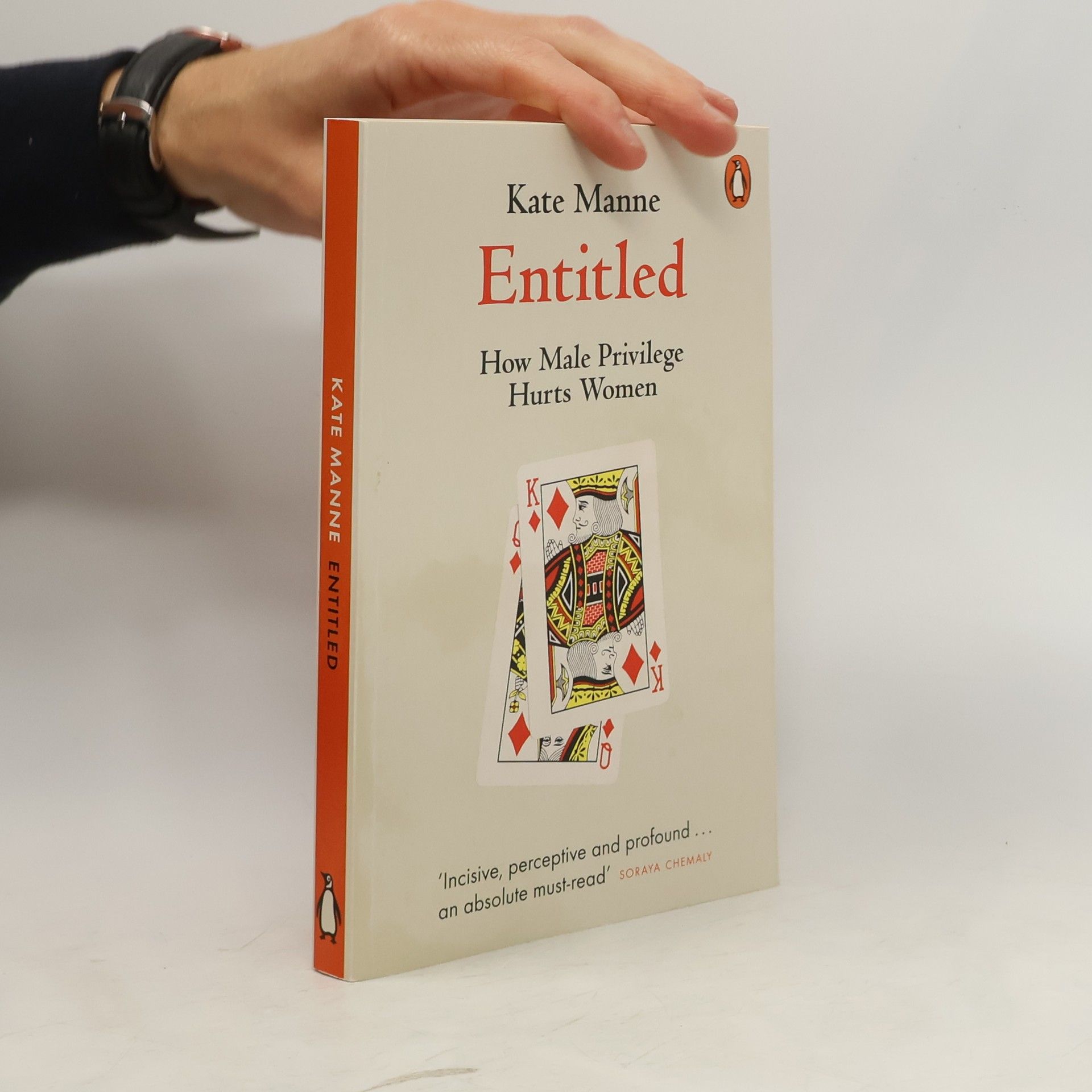Ausgezeichnet mit dem Prose Award 2019 für das beste geisteswissenschaftliche Buch Was genau ist Misogynie? Worin besteht der Unterschied zum Sexismus? Und wieso bleibt Misogynie bestehen oder verstärkt sich sogar, wenn sexistische Geschlechterrollen im Schwinden begriffen sind? Die Philosophin Kate Manne zeigt in ihrem international viel diskutierten Buch, wie Misogynie in der Politik und im öffentlichen Leben verankert ist. Sie entwickelt ein Verständnis, das nicht vom Hass einzelner Männer auf Frauen ausgeht, sondern Misogynie als den Versuch versteht, eine Unterscheidung zu treffen zwischen den »schlechten« Frauen, die die männliche Vorherrschaft angreifen, und den »guten«, die den Männern die aus ihrer Sicht natürlich zustehende Anerkennung und Fürsorge zukommen lassen. Manne veranschaulicht dies etwa an Elliot Rodgers Amoklauf von Isla Vista, der Wutrede des amerikanischen Radiomoderators Rush Limbaugh gegen die Frauenrechtlerin Sandra Fluke oder am Verlauf des amerikanischen Präsidentschaftswahlkampfs. Die »guten« Frauen werden geduldet, wohingegen die »schlechten« kontrolliert, unterworfen und zum Schweigen gebracht werden müssen. Das ist die Struktur der Misogynie. Ein höchst aktuelles und bestechend klar analysierendes Buch.
Kate Manne Bücher




Down Girl: The Logic of Misogyny
- 368 Seiten
- 13 Lesestunden
Down Girl is a broad, original, and far ranging analysis of what misogyny is and how it works. The philosopher Kate Manne argues that modern society's failure to recognize women's full humanity and autonomy is not actually the problem. She argues instead that it is women's manifestations of human capacities -- autonomy, agency, political engagement -- is what engenders misogynist hostility.
Entitled
- 256 Seiten
- 9 Lesestunden
'Kate Manne is the Simone de Beauvoir of the 21st century' - Amanda Marcotte 'Incisive, perceptive and profound. . . an absolute must-read' - Soraya Chemaly A vital exploration of gender politics from a highly influential intellectual Male entitlement takes many forms. To sex, yes, but more insidiously to admiration, bodily autonomy, knowledge, power, even care. In this urgent intervention, philosopher Kate Manne offers a radical new framework for understanding misogyny. In clear-sighted, powerful prose, she ranges widely across the culture -- from the Kavanaugh hearings and 'Cat Person' to Harvey Weinstein and Elizabeth Warren -- to show how the idea that a privileged man is tacitly deemed to be owed something is a pervasive problem. Male entitlement can explain a wide array of phenomena, from mansplaining and the undertreatment of women's pain to mass shootings by incels and the seemingly intractable notion that women are 'unelectable'. The consequences for girls and women are often devastating. As Manne shows, toxic masculinity is not just the product of a few bad actors; we are all implicated, conditioned as we are by the currents of our time. With wit and intellectual fierceness, she sheds new light on gender and power and offers a vision of a world in which women are just as entitled as men to be cared for, believed and valued.
Exploring the complexities of living in an unruly human body, this book delves into themes of identity, resilience, and the struggles associated with physicality. With a blend of elegance and fierce honesty, it offers profound insights that resonate deeply with readers. Esteemed author Roxane Gay endorses it as essential reading, highlighting its relevance to anyone navigating the challenges of self-acceptance and bodily autonomy.